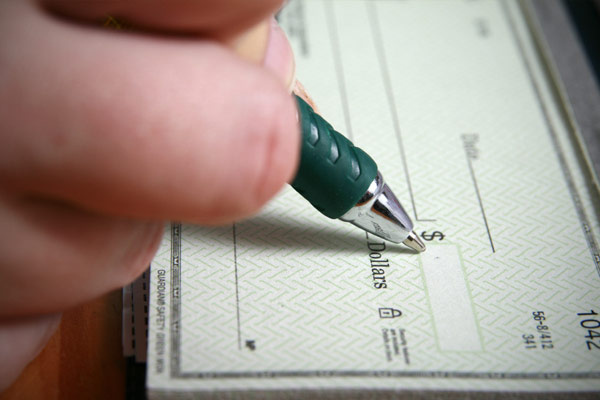Why and How to Journal After Divorce
Coping with the emotional ups and downs you’re about to experience in divorce will require many things, including support from friends and family and possibly therapy. One easy thing to help: write in a journal.
Why Journal During or After Divorce
Journaling is a way to let out emotions in a safe place. If you vent on social media or to an untrustworthy person, you may find your statements coming back to haunt you. In a journal you have free rein to say whatever you want. Doing so will also help you realize what you actually think. Once the ink is flowing, you may read something you’ve written and think, “Wow, I didn’t realize I felt that way.”
Journaling is also a perfect milestone marker. As you chronicle the steps of your divorce, you can chronicle your own journey as a person. You’ll be going through many changes as you move from “married” to “separated” to “divorced.” Along the way it’s nice to record achievements from personal goals you set or the small wins you find each day. In other words, writing in a journal is a good way to grow.

Writing in a journal before bed often helps you sleep. By emptying yourself of the day’s baggage, you can rest more easily, and not re-stir the same pot over and over again in the dark.
How to Journal
Those who have journaled in the past may find it easy. If you’ve never picked up pen and put it to paper, writing out your thoughts and feelings may seem a little strange. Some tips to get started:
- Choose a format you will use. For example, some people hate to write with pen and paper. If you prefer to type, go ahead. If you like pen and paper, any old notebook is fine. But perhaps you enjoy writing in a leather-bound volume instead. Go with what feels right to you.
- You don’t have to start with “Dear Diary.” However, some find it easier to pretend it’s a letter to a person. If so, you may find it easiest to choose a neutral person in your life or someone who is no longer living. You can also create a whole new persona in your head and write to him/her. Some days, writing a letter to your ex-spouse is exactly what you need to do. Venting all your anger and grief can feel like a huge weight off your chest. Just don’t mail it.
- Be free. Say anything. There is no “should.” No one will read this but you. It’s OK to say the things you’re not allowed to tell anyone. Don’t worry about grammar, good penmanship. Some days, you might not feel like writing anything. Maybe you want to draw instead.
If you still have trouble figuring out what to write, here are some approaches:
- Write where you are right now in life. How does that feel? Where do you want to be?
- Use the journal as a log only, checking in about a specific goal or two.
- Try writing in the third person.
- Write a list of things for which you are grateful.
Questions about something involving divorce? Ask us on Facebook, Twitter, or Google+. Get the answers from experts during our next Second Saturday divorce workshop.







One Comment